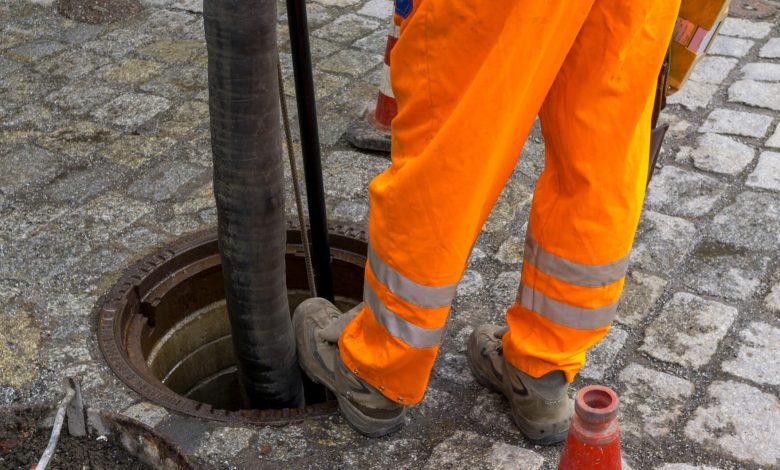
You can often fix drain problems after a decent length of time has passed. However, numerous concerns require immediate care when it comes to emergency drain service. We advise you to contact a skilled emergency plumber. You might be able to address some of the more straightforward issues on your own. But what if a clogged drain threatens your property or causes a significant interruption in your life?
When major drainage problems arise, you should contact an emergency drain repair provider as soon as possible. You need to be able to utilize your toilets and showers, and you can’t wait for a routine repair call while a leaky or backed-up drain floods your basement.
Every homeowner will face a drainage emergency at some point. You could leave the house clean and dry only to return to a flooded home or wake up to a clogged sink just as you’re about to do the dishes. Either circumstance can be challenging to overcome on your own. Water and gas leaks, clogged drains, toilets, and damaged fixtures are all everyday situations. They are inconvenient once they occur, and if not remedied promptly, they can be disastrous.
CONSULT A PROFESSIONAL
A drainage emergency could be a precursor to a vast calamity that is only minutes away from occurring. When you’re in a similar circumstance, you should have an emergency plumber on speed dial. Make sure you get a plumber available 24 hours a day, seven days a week, because these disasters seldom happen at a convenient moment. Before they arrive, a qualified plumber will request access to the leak and its location, as well as advice on how to prevent future damage. If the plumber believes the problem is one you can solve on your own, they may share the remedy with you.
SWITCH OFF THE WATER SUPPLY
The majority of plumbing disasters result in an unwanted overflow of water. If the water is not dealt with immediately, it can cause damage to the floor, equipment, walls, and even furniture. It can create electric short-circuiting, which can further damage equipment or spark a fire if it comes into contact with electricity. If the preceding option is not available, you can turn off the water or gas at the nearest point or shut down the entire system from the supply line. You may be required to unhook plugs, interrupt the circuit, or utilize a valve, and you must complete the task correctly to avoid further harm.
CONSIDER ALTERNATIVES OPTIONS
When you’re dealing with a plumbing problem, you’ll want to look for a different solution to limit the harm it can create until it’s remedied. You can either drain the water or divert it outside with jars or towels. In addition, turn off the electricity to limit energy consumption in water heating systems and prevent additional damage. If the water comes from a storage system, you can also open faucets and drain spigots in other places to speed up the drainage process. When dealing with a gas leak, avoid utilizing gas and open flames to prevent fires.
DO IT YOURSELF
When you’re facing a drainage emergency, you sometimes have to fix it yourself. It helps you avoid the losses and expenditures that come with having a plumber perform it for you. Examine the damage and gather the tools you’ll need to repair it. You can also attempt simple activities like sinking or retrieving the blocked objects. When doing this, be careful not to push the clog further down. Clogs can also be removed using warm water or inserting a lengthy object, especially in sinks and pipes.
What can you do to avoid a clogged drain?
Every year, thousands of homes in the UK are inconvenienced and disrupted by blocked drains and wastewater floods. There isn’t always a quick fix, which makes it a costly problem to fix, but it’s effortless to prevent.
Drain blocks’ most common cause is a build-up of debris resulting from improper flushing of objects down the toilet. Because most wastewater lines are only four inches (100mm) in diameter, carrying these undesired items is problematic. It would help if you didn’t throw anything else in the toilet other than toilet paper. Some municipal governments supply a food waste bin that you can use for solid food waste, oil, fat, and grease. It would help if you disposed of female hygiene items in designated containers found in public restroom cubicles. When using the product at home, wrap it in tissue paper or put it in a tiny plastic bag and throw it in the regular waste bin. Throw away Needles and syringes in the proper container.
Commercial and domestic drainage services are provided by specialized drainage businesses around the United Kingdom. Contact them immediately if you’re looking for rapid and dependable emergency drainage clearance services – they’re always willing to assist.





